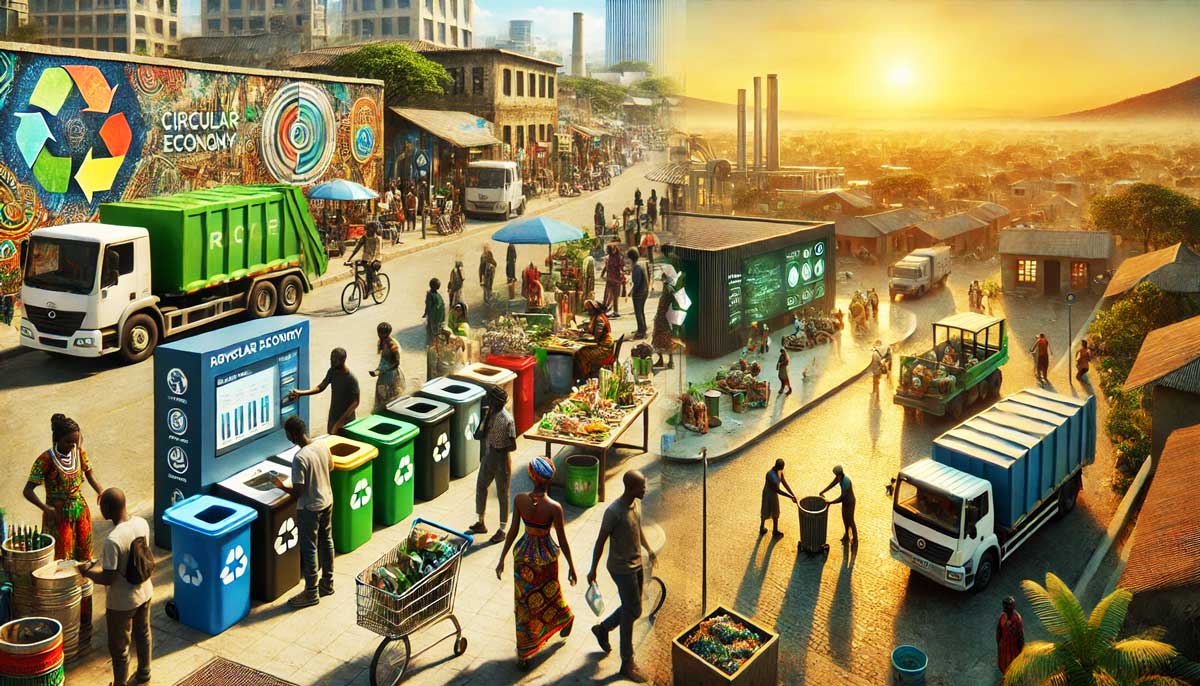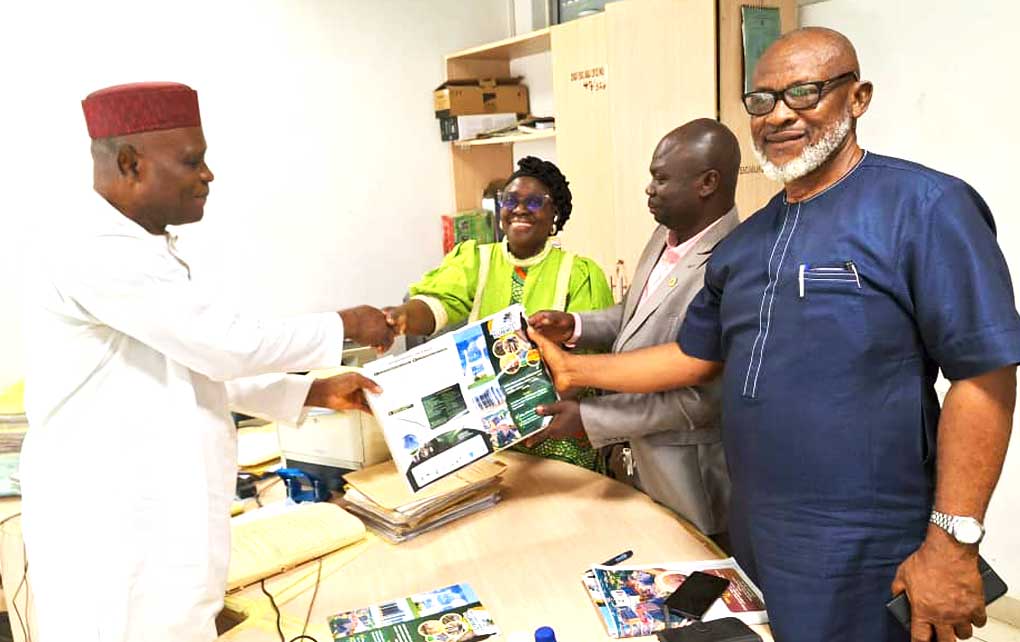Africa is home to vibrant communities and abundant natural resources, yet it faces significant challenges in managing its growing waste streams. As urban populations expand and industrial activities increase, improper waste disposal has become a major environmental and public health concern. However, the emerging concept of a circular economy offers a promising solution—transforming waste into valuable resources. The Africa Multilateral Infrastructure, Climate Change, and Green Investment Summit, AICIS 2025 is set to be a global platform for showcasing innovative waste-to-wealth initiatives that drive sustainable economic growth while protecting the environment.
1. The Challenge of Waste Management in Africa
Africa faces a dual challenge: rapid urbanization has led to increased waste generation, while inadequate waste management systems strain the environment. Many cities struggle with overflowing landfills, plastic pollution in waterways, and the uncontrolled release of industrial waste. These issues not only damage ecosystems but also contribute to greenhouse gas emissions and climate change.
The problem is compounded by limited public awareness and insufficient investment in waste management infrastructure. In many regions, waste collection and recycling systems are either underdeveloped or non-existent. Consequently, communities bear the brunt of the environmental and health impacts of mismanaged waste.
2. The Waste-to-Wealth Concept: A Circular Economy Approach
A circular economy reimagines waste as a resource, aiming to close the loop between production and consumption. Instead of the traditional linear model—take, make, dispose—a circular economy focuses on reusing, recycling, and repurposing materials. In Africa, this approach can be transformative, turning waste management challenges into economic opportunities.
The waste-to-wealth model involves the systematic conversion of waste materials into useful products. This can include the production of energy from organic waste, the recycling of plastics into construction materials, or the upcycling of discarded materials into innovative consumer products. By reducing waste and creating value, this model contributes to environmental sustainability while fostering economic growth.
3. Innovative Technologies and Strategies
The revolution in waste management is being driven by cutting-edge technologies and innovative business models. At AICIS 2025, experts will discuss how digital and green technologies are reshaping Africa’s approach to waste management. Some of the key innovations include:
- Biogas and Bioenergy Systems: Organic waste from agriculture and households can be converted into biogas, providing a renewable source of energy for cooking, lighting, and electricity generation.
- Advanced Recycling Technologies: AI-driven sorting systems and chemical recycling processes are transforming how plastics and other materials are processed, enabling high-quality recycled outputs.
- Waste-to-Energy Plants: Facilities that convert municipal solid waste into electricity are emerging as viable solutions for urban areas, reducing reliance on fossil fuels.
- Digital Platforms for Waste Management: Mobile applications and IoT sensors are enabling real-time tracking of waste collection, enhancing efficiency, and reducing costs.
- Upcycling and Value-Added Products: Entrepreneurs are turning waste into high-value products, such as recycled building materials, fashion accessories, and innovative consumer goods.
4. The Role of Public-Private Partnerships in Scaling Waste Solutions
To transform Africa’s waste management landscape, collaboration between public entities and private investors is essential. Public-Private Partnerships (PPPs) can mobilize the necessary capital, technology, and expertise to scale waste-to-wealth projects. At AICIS 2025, stakeholders will discuss how to create enabling regulatory environments and innovative financing models that encourage investments in waste management infrastructure. Such partnerships can foster:
- The development of regional recycling centers and waste-to-energy plants.
- Investment in digital waste management platforms.
- Community-based programs that empower local entrepreneurs to participate in the circular economy.
By leveraging the strengths of both sectors, Africa can build a resilient waste management system that supports sustainable development and climate action.
Africa’s journey toward a sustainable future is intricately linked to how it manages its waste. The waste-to-wealth revolution represents an opportunity to transform environmental challenges into economic opportunities, reduce carbon emissions, and promote a circular economy that benefits all. The Africa Multilateral Infrastructure, Climate Change, and Green Investment Summit, AICIS 2025 is poised to be a catalyst for this transformation, bringing together leaders from across the globe to share insights, forge partnerships, and commit to actionable strategies.
Join us at AICIS 2025 to be a part of Africa’s waste-to-wealth revolution and help build a future where nothing is wasted, and every resource is valued. Together, we can unlock the full potential of Africa’s circular economy, driving sustainable growth and environmental stewardship across the continent.
Hashtags:
#AICIS2025 #WasteToWealth #CircularEconomy #GreenInvestment #SustainableAfrica #ClimateAction #EcoInnovation #GreenEconomy #PublicPrivatePartnerships #AfricaFuture


